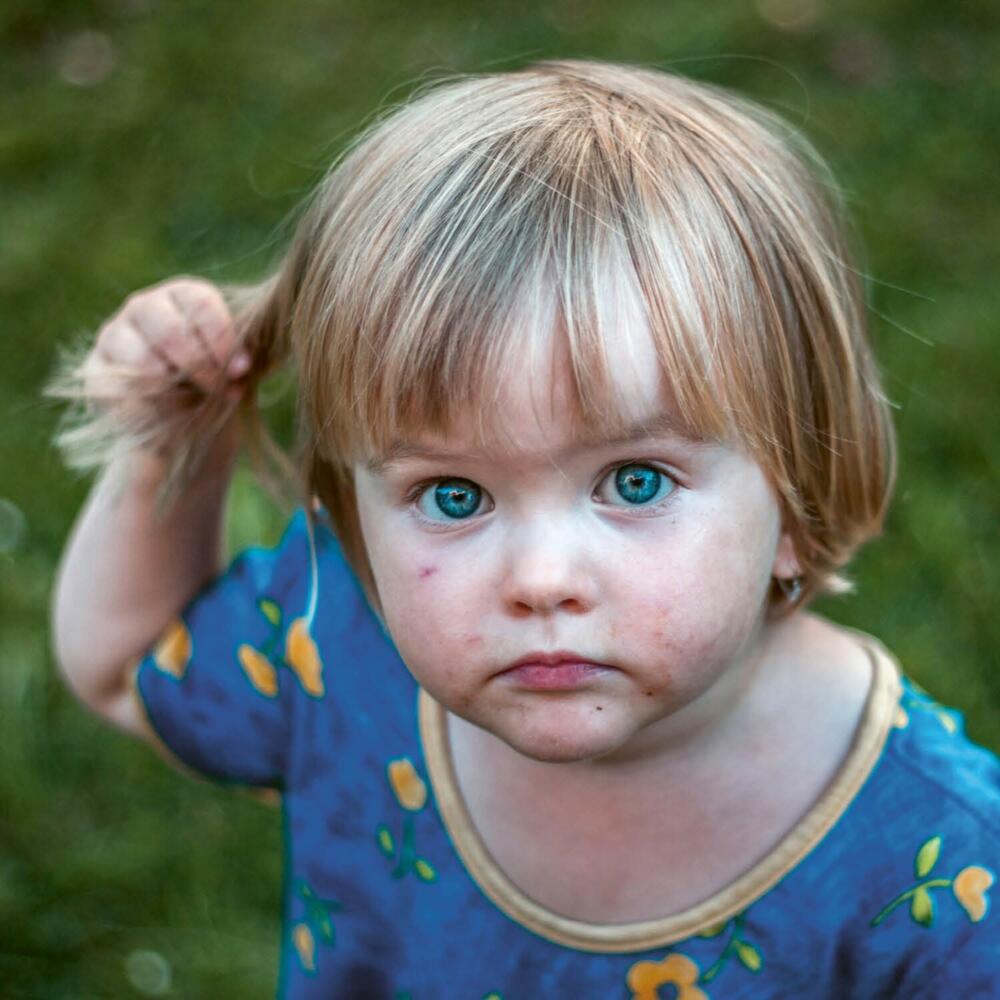Does Waldorf School Make Children Healthy, Strong, and Confident?
Belle Leung and Jacinta Gorchs from the Pedagogical Section are coordinating the Resilience and Pedagogy research project.
Resilience encompasses the physical, emotional, and mental ability to adapt to changes and crises and to cope with them confidently. In the recently published video on the study, Leung describes the relationship between Waldorf education and the idea of resilience, the salutogenic model of health. Childhood is the time of greatest development and also vulnerability in the biography. Research shows that some childhood psychological problems, which are often triggered by traumatic experiences, can persist into adulthood. These problems have worsened in recent years, as social psychologist Jonathan Haidt points out in his book The Anxious Generation. Digital technology restricts free play, and at the same time, sleep disorders, social comparisons, and loneliness are on the rise. According to Haidt, the shift from a play-based childhood to a phone-based childhood is endangering health.
The Pedagogical Section is now investigating whether Waldorf education, with its holistic approach to upbringing and education, has a healthy effect here. Waldorf schools offer space for creativity, create emotional balance, and promote independent thinking. According to Leung, this counteracts technological pressure. The study pursues four research questions: 1. Does Waldorf education promote pupils’ resilience? 2. How do the emotional, contextual, and spiritual aspects of Waldorf education influence resilience? 3. How can the development of resilience in Waldorf pupils in different cultures be compared? 4. What is the relationship between resilience and a sense of coherence?
Numerous research findings show that resilience has developed from a personal characteristic into complex social processes. With this in mind, the Section’s staff are investigating relationships in Waldorf communities worldwide. In doing so, they follow the idea of salutogenesis, according to which health does not mean the absence of illness but is an expression of a sense of coherence.
Goethe wrote about this coherence in a letter on February 18, 1829: “The blooming spring landscape is theory when I enjoy it. My joy in it lies in my harmony with it, in my harmony with the truth.”
This article was published as well in the (online exclusive) Goetheanum Weekly.
Photo Jakub Kriz

